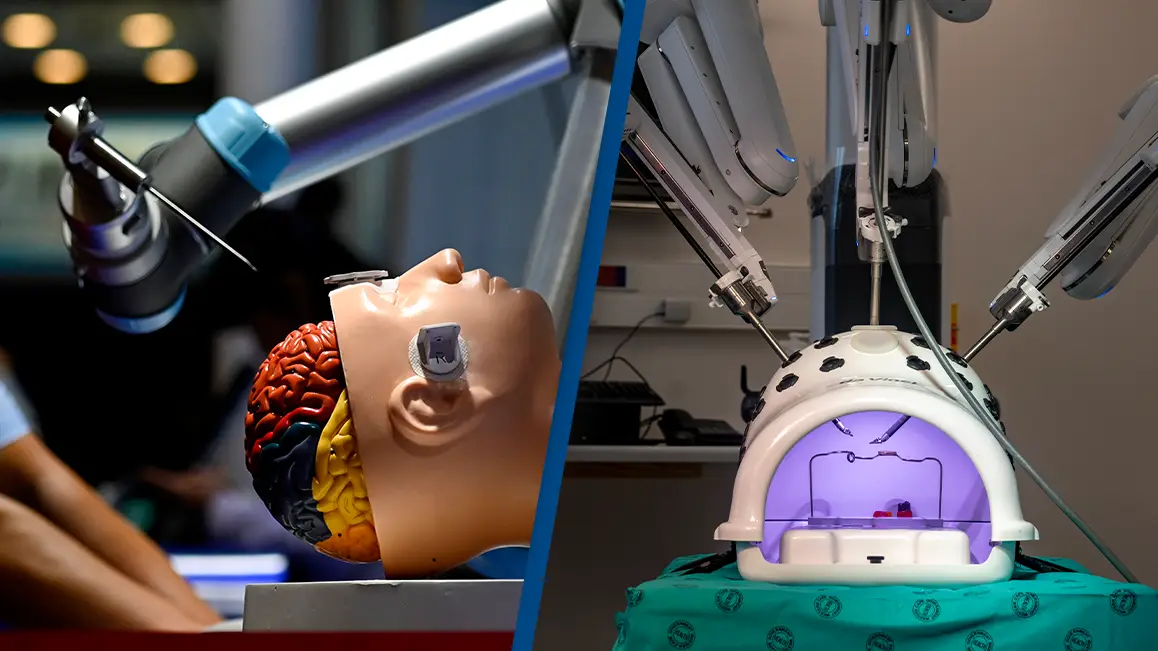
Chinese robots have conducted eye laser surgery on rabbits over 350 miles away.
The Chinese Daily reported that doctors at the Zhongshan Ophthalmic Center at Sun Yat-sen University achieved a scientific breakthrough, performing the first remote eye laser surgery.
The team of doctors and scientists constructed the 5G robot that performed the operation at the center in Guangzhou, the capital of Guangdong province.
The trial, led by Professor Lin Haotian's team, operated on all 12 rabbits.
Advert

Dr Haotian said the milestone would help address the imbalance in the development of ophthalmology and the distribution of world-class medical resources nationwide.
According to the professor, this is just the beginning, as we are on the verge of a telemedicine breakthrough.
"If everything goes smoothly, 5G remote micron ophthalmic surgery will be available to humans within half a year," he said, as per the outlet.
He added that if this technology assisted future surgeries, it would drastically reduce the time for doctors and patients, cut economic costs, and improve efficiency.
Lin added they had previously experimented with mice, pigs and other animals before they conducted the surgery on rabbits.

Zhong Xingwu, vice president of the Hainan Eye Hospital, said that operating remotely would significantly improve accessibility and quality health care for many patients.
"Innovative, high-precision ophthalmic technology is expected to play a role in helping alleviate the lack of high-quality medical resources for eye health," said Zhong.
It comes after AI robots performed an incredibly intricate surgery on four pigs, repairing the ends of severed intestines.
According to engineers at Johns Hopkins University, these Smart Tissue Autonomous Robots (STAR) performed the surgery better than humans could have, as sometimes surgeons are limited by their physical capacity.
“Our findings show that we can automate one of the most intricate and delicate tasks in surgery,” Axel Krieger, an assistant professor of mechanical engineering and the project’s director, said, as per HUB.
Jin Kang, a Johns Hopkins professor of electrical and computer engineering who helped create the robots, added: "Robotic anastomosis is one way to ensure that surgical tasks that require high precision and repeatability can be performed with more accuracy and precision in every patient independent of surgeon skill."
He added these results would revolutionize patient care with more ‘predictable and consistent patient' results.
Topics: News, Science, Technology, Health, World News
